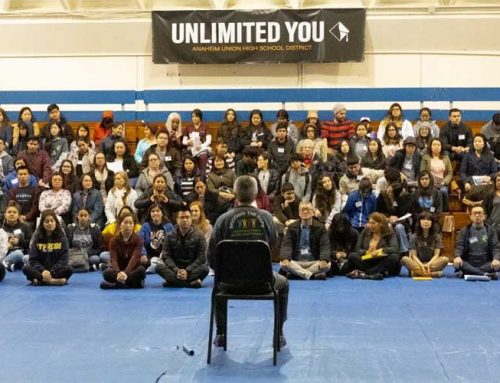For those who partake in the American holiday of Thanksgiving, the day is often associated with traditional autumn flavors, gatherings with extended family, crisper weather, changing leaves and a brief respite from school and work. Not everyone celebrates Thanksgiving, but nearly every culture has a similar celebration of a late summer or early autumn harvest, during which massive feasts are prepared, and thanks are given to the conditions that have made the harvest possible.
We’re all familiar with the term “counting your blessings.” In fact, people have long understood that we have a tendency to forget or take for granted the number of positive things in our lives. Because humans are so adaptive, we can quickly learn to normalize our lives as they are; a week or month after acquiring a new, sought-after object or status, the newness wears off, and it becomes a normal part of our lives. Our minds also lean toward a negative bias, tending to dwell longer on aspects of our lives we are unhappy with than those that make us content, comfortable or happy. As a result, we spend much of our time chasing things we don’t have, believing that happiness is something we can achieve by changing superficial elements of our lives.
However, countless psychologists, happiness researchers, studies and polls tell us otherwise. While outward conditions can certainly affect our abilities to feel comfortable and safe in the world, happiness is also a state that one can learn to become more attuned to through inner work.
Gratitude is a key element to lasting happiness. A study found that participants who wrote letters of gratitude to people in their lives, whether they sent the letters or not, showed improved mental health weeks and even months later. One possible explanation is that writing a letter of gratitude shifts the brain away from its negativity bias, focusing on positive experiences and diminishing negatives ones. Furthermore, expressing gratitude to a person who has been impactful in one’s life, rather than for solitary experiences, fosters feelings of togetherness and community, helping one feel less alone.
This Thanksgiving, we at Illumination Institute want to express our gratitude to you. As a nonprofit organization, our services are only possible because of the support of our community. All of your donations go toward maintaining our programs, running workshops and developing new materials.
We’d also like to thank all the educators, school counselors, principals, social workers and other staff members who have taken the time to attend our mindfulness workshops and meetings. You are the key component that makes our work possible. Your participation in our program is what drives our organization, and your feedback helps us constantly improve and modify our materials.
In addition to those with whom we’ve worked directly, we’d like to thank all educators and school staff everywhere. We truly believe that you are some of the most important members of a society. Every day, you have the capacity to impact the lives of the next generation, whose voices and actions will shape the future of our world.
Finally, we’d like to thank the parents and other family members we’ve had the pleasure of meeting, listening to and working with. Your open-mindedness, willingness to share your experiences, and ongoing effort in helping your children get the most out of their lives is a constant source of inspiration to us. Every family is different, but they all share the same core of love.
Wishing you all a wonderful Thanksgiving,
Illumination Institute




